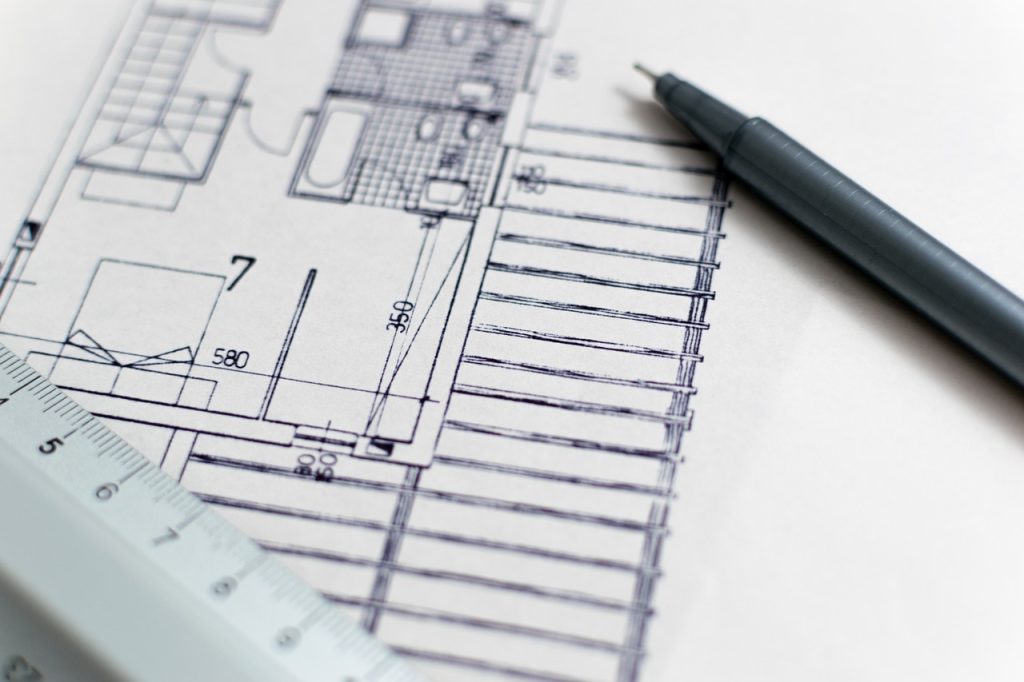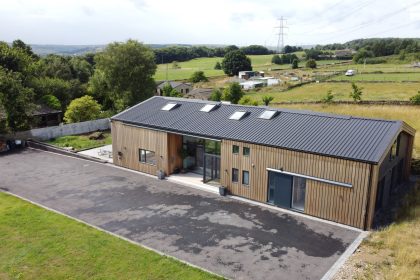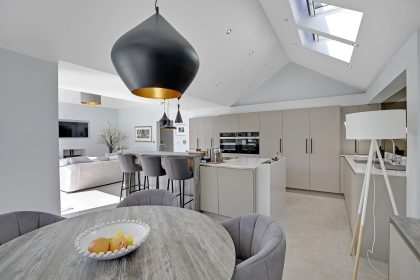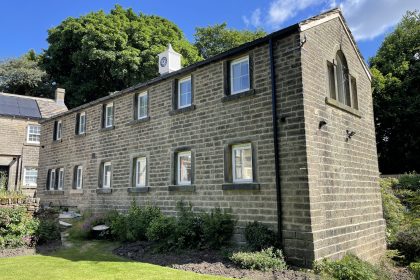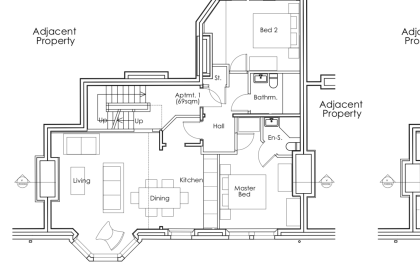If you’re planning on extending your home in 2023, or building a new one, here’s an insight into why costs could be higher than previous years.
Over the last few years, we’ve seen a whole host of challenges in the construction industry, most crucially, the impact of COVID-19 and the after effects. Building materials shortages, prices of materials and trades shortages all have an impact on the cost to build.
You may be surprised to hear that despite these challenges, the amount of people intending to extend their homes in 2023 is set to increase. This is mainly due to current mortgage rates being high and as a result homeowners are generally looking to extend and improve rather than move.
Why are costs rising?
Building materials
The cost of building materials has risen for so many reasons – the impact of Brexit on supply chains coupled with demand due to the world recovering from a global pandemic. More recently the issues in Ukraine and Russia have had an additional impact with the cost of fuel and energy. As a knock-on effect of rising costs, staffing costs have also increased due to the cost-of-living crisis.
Builder’s costs
It is well known that there’s currently a shortage of construction labourers –around 25% of builders have felt the impact of these shortages.
As a result of these shortages, skilled tradespeople are in short supply, meaning that many are putting their rates up because they’re so busy.
How to manage and control the cost of your extension or new-build
There are many ways to help ensure that build costs remain manageable on your project, and here are a few:
– Costs/m2 basis – costs are variable, and can dramatically change too if not managed properly. By considering costs initially on a square metre basis, you can see if your anticipated budget is viable in the first place. The amount of new floor area being created is the single most contributing factor to build cost, so the smaller and more space efficient that you can make your project the better.
– Part or phased build – if you’re struggling with funding the entire project then it may be worth considering a part or phased build. You could just have the main ‘shell’ of the project built first so it is watertight, leaving you to complete the fit-out by employing trades or even doing some yourself if you’re up for it.
– Storage – if you have the facility to buy early and store any of the building materials that you will need then do so – that way, if these increase in price or become unavailable, you won’t be at risk. Your builder may be able to do this too.
– Buy ahead – take advantage on any promotions. If you come across a January sale or similar on bathrooms and kitchens, just go for it! It will help your budget in the long run. Your design team and builder may be aware of promotions too.
– Materials, fixtures & finishes – shop around for these. Often you may assume that locally-sourced is more expensive – but not in all cases. Ask contacts, friends and relatives for recommendations as they may have done much of the research needed already on their projects. Again ask your design team and builder too.
– Contingency – an additional 10-15% of your budget should always be set aside for any unexpected issues that may occur. Even the simplest of builds can have matters arise that no-one could have anticipated. If it doesn’t end up being spent, it’s a bonus and can always be used on the nice-to-have finishing touches that you didn’t expect to be able to afford!
Employ trusted professionals and research builders and tradespeople
It is imperative that you involve the right professionals from the outset of your project, and preferably throughout until completion of the build. This includes an architect, structural engineer, drainage engineer and quantity surveyor for example.
With their experience in the industry and of previous projects, they can often suggest economical or simpler ways of achieving the same desired outcome, and also have relationships with suppliers and sub-contractors that can be invaluable for your project.
Researching appropriate builders and/or having recommendations from friends and family contacts is also crucial to finding a suitable build team to construct your project at the right price. Quotes can vary widely depending on the size and location of the contractor, their current workload and their desire to secure the work.
Your architect can also help you to find an appropriate builder and will manage the costs during the construction stage by preparing and administrating a traditional building contract. They will regularly sign off payments due to the contractor, but only when they are happy that the work is satisfactorily complete in accordance with the agreed contract drawings and specifications.
A 5% retention will also be held back from the building contractor at each stage so that they fulfil their duty of rectifying any defects or incomplete work before any final payments are made to them.
As well as managing the design of the proposals and preparing drawings & specifications, helping you to manage the costs are an integral part of the service that an architect can provide on a project.
If you’d like to discuss this or any other aspect of your project with us, please just get in touch.
